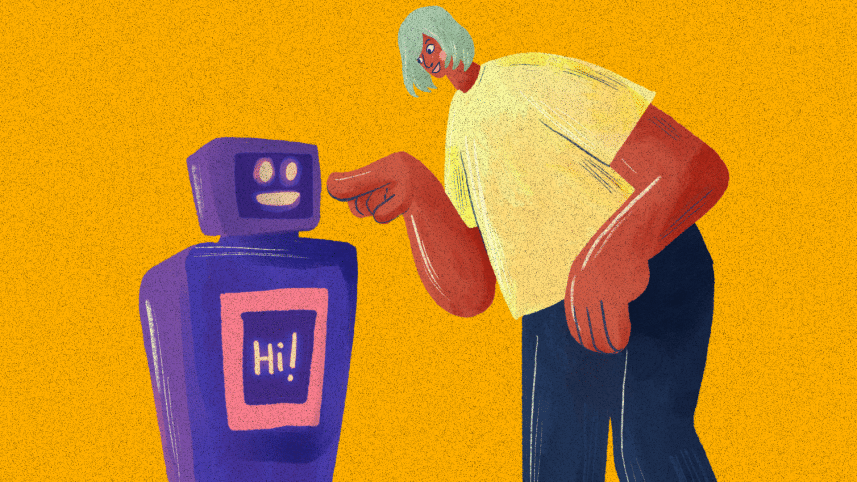The duet of man and machine

Let's have a chat about the elephant in every room, on every Zoom call, and in every strategic plan: artificial intelligence. If your feelings about it range between excitement and unease, you're in very good company. According to the latest global research from Harvard Business Impact, this isn't just a technological shift; it's a fundamental reshaping of how we work, learn, and lead.
The central finding from the 2025 Global Leadership Development Study by Harvard Business Impact is both a revelation and a call to action. After surveying over 1,100 L&D professionals and functional leaders across more than 14 countries, a powerful new mandate emerged for learning and development. The business world is no longer asking for incremental improvements; it is demanding learning that is fast, fluid, and fiercely future-focused.
This research reveals that the most forward-thinking organisations have moved beyond simply implementing AI tools. They are engaged in a far more ambitious project: architecting what the study terms the "collective intelligence of humans and machines." It's no longer a 'humans versus machines' narrative. Instead, companies want to focus on crafting a powerful partnership where each worker - machine, human, or otherwise - does what it does best.
This changes everything, especially for your career. The old career ladder, that steady climb from one rung to the next, has been dismantled. In its place stands a sprawling jungle gym. The report tells us that every role is up for revision, promising a "nonlinear evolution of roles". This means your next move might not be up, but across, diagonally, or even into a role that doesn't yet exist. The pressure is on for all of us to be more fluid, to anticipate the skills we'll need before the gap even appears.
So, how do you not just navigate but thrive in this new landscape? The research points the way.
First, embrace a mindset of constant, curious change. The study found that a significant 40% of organisations are putting more emphasis than ever on building a "change-seeking" culture. This goes beyond just being ready for change when it comes from above; it's about each of us being alert to opportunities, constantly identifying and embracing new ways of working. It's about being the person who asks, "What if?" instead of the one who says, "We've always done it this way."
Secondly, recognise that your humanity is your greatest professional asset. In a world of algorithms, your human skills are becoming more precious. The research highlights a sharp increase in the value placed on leaders who demonstrate emotional and social intelligence, manage workplace polarisation, and synthesise complex information. These are capabilities where humans, for now and should be until forever, hold a distinct edge. While AI can generate data, it cannot sit with a team member who is struggling, build genuine trust, or navigate the nuanced politics of a workplace. Your ability to connect, empathise, and inspire is your superpower.
Of course, this doesn't mean you should ignore your technical skills. Quite the opposite, in fact! The velocity of learning has become a critical metric. The study reveals a staggering finding: the half-life of a skill has plummeted from 26 years to less than 5. This means we must all become relentless learners, focusing on "speed to skill". The good news is that AI itself is being harnessed to help, providing personalised coaching and instant access to organisational knowledge, making learning more integrated into the flow of our work than ever before.
The key takeaway is that the future of work is not a solo race. It's a dance of partnership. AI will handle the scale, the speed, and the data crunching. Our role is to provide the vision, the ethical judgement, the creativity, and the human connection. It's about using AI to amplify our own potential, not replace it.
Your career is no longer a path you follow, but a garden you cultivate. Tend to your technical skills, but nourish your human capabilities. Be change-seeking, not change-resistant. And remember, the goal isn't to outpace the machines, but to learn the steps to dance with them. That is how you build a truly future-proof career.

 For all latest news, follow The Daily Star's Google News channel.
For all latest news, follow The Daily Star's Google News channel.
Comments